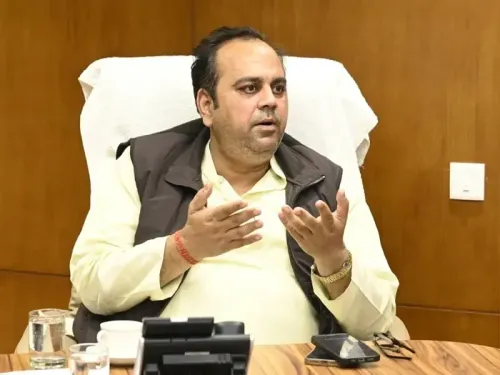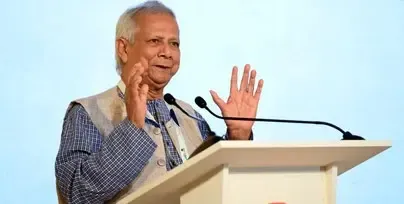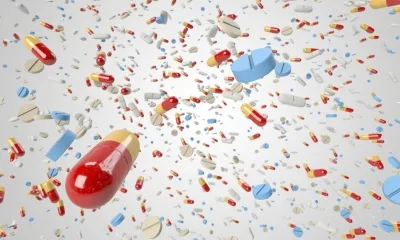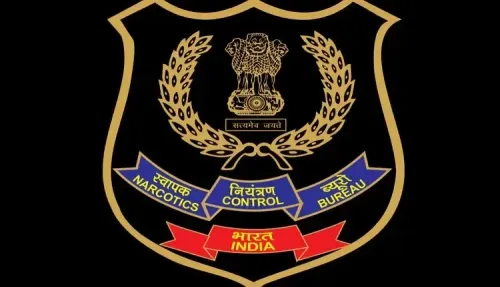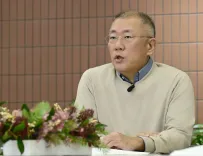Is Paracetamol Drug Banned in India? Anupriya Patel Clarifies
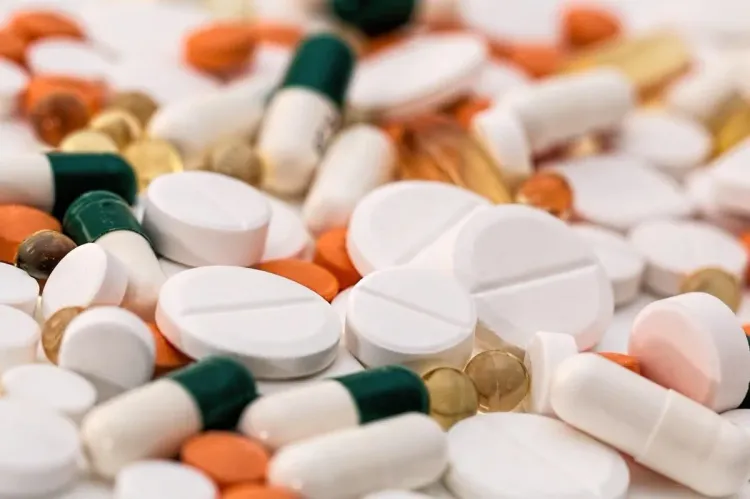
Synopsis
Key Takeaways
- Paracetamol remains legal in India.
- The CDSCO has not banned paracetamol.
- Some Fixed Dose Combinations of paracetamol are banned.
- The National Health Mission ensures free drug availability.
- States receive financial support for drug procurement.
New Delhi, Aug 5 (NationPress) The Central Drugs Standard Control Organisation (CDSCO) has confirmed that the widely utilized paracetamol medication remains legal in India, as stated by Union Minister of State for Chemicals and Fertilisers Anupriya Patel on Tuesday.
Responding to queries in Parliament during the current Monsoon session, Patel remarked that "the Ministry of Health and Family Welfare has reported that the Central Drugs Standard Control Organisation has not received any information regarding rumors" about a ban on paracetamol.
Patel emphasized that "paracetamol is not banned in the country," but noted that "several Fixed Dose Combinations that include paracetamol mixed with other medications have been prohibited in India."
Additionally, the Minister mentioned that the government has initiated a free drug service program under the National Health Mission.
"This initiative aims to guarantee the availability of essential medications and minimize out-of-pocket expenses for patients visiting public health services, including government hospitals and rural primary health centers," she explained.
To facilitate the provision of free essential drugs in public health institutions, financial assistance is extended to the states.
This support aids in drug procurement and in enhancing or establishing efficient systems for procurement, quality assurance, supply chain management, warehousing, prescription audits, grievance redressal, and the distribution of standard treatment guidelines. It also includes the establishment of the technology-enabled platform known as the Drugs and Vaccine Distribution Management System (DVDMS), which is utilized to oversee the actual procurement status and availability of essential medications.
Patel mentioned that the Ministry of Health has also proposed a list of essential medicines for public healthcare facilities, including government hospitals and rural health centers.
"The proposed Essential Medicines List for various health centers, including Sub Health Centres, Primary Health Centres, Community Health Centres, Sub-District Hospitals, and District Hospitals, comprises 106, 172, 300, 318, and 381 drugs respectively, with the option for states to add more medications," she noted.
To ensure a continuous supply of essential drugs in government hospitals and rural health centers, the Medical Stores Organisation (MSO) / Government Medical Store Depots (GMSDs) maintain active rate contracts for 697 drug formulations.
"The MSO has 1,152 registered indenters across India, including government hospitals and rural primary health centers, who can place drug supply requests to MSO/GMSDs through the MSO-DVDMS application software up to four times a fiscal year," Patel added.


